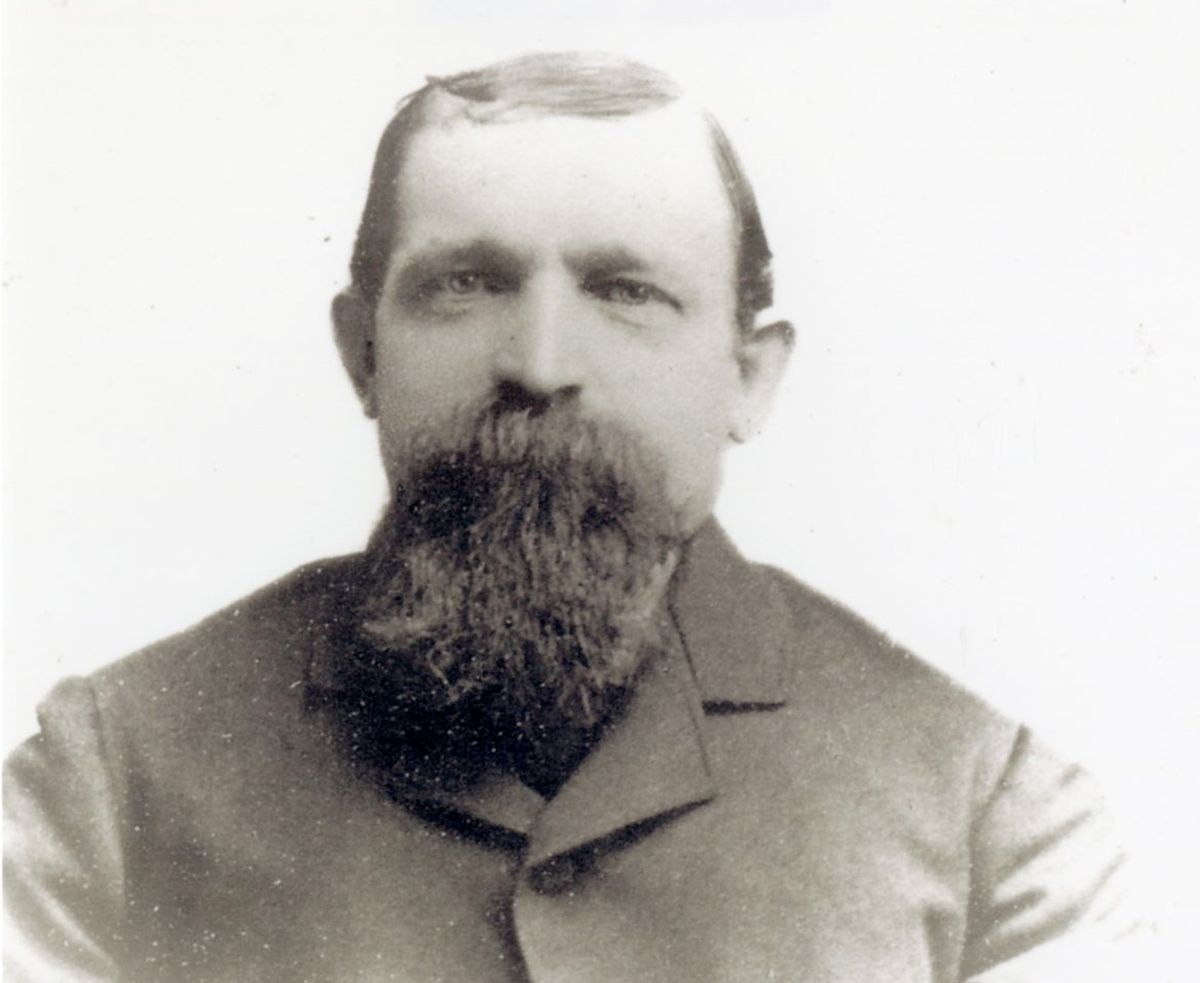It’s been a big year for racial identity issues in Spokane

In late April, Rachel Dolezal attended the inaugural Spokane Citizen Hall of Fame to accept an award on behalf of the Spokane NAACP. The honoree was one Daniel K. Oliver, a Union cavalryman and Spokane pioneer who served on the city council in the late 1800s.
Dolezal accepted the award because Oliver was listed as the first black city councilman in Spokane, possibly the first black politician in Washington state.
Except he wasn't, his descendants claimed days later.
"We want the record to be set straight," said his great-granddaughter Bonnie Oliver.
It seems Oliver's race was listed as mixed race on one Census, but nowhere else in historical records.
Reporter Jim Camden talked to Dolezal about the mix-up:
"Dolezal said she was familiar with Oliver’s name from references in books that researched the African-American community’s roots in Spokane. She’s seen a picture of bearded Oliver, who admittedly doesn’t look African-American, but that doesn’t really prove anything, she added.
'Visible identity is just one factor,' Dolezal said. Homer Plessy, the plaintiff in the landmark Plessy v. Ferguson case decided by the U.S. Supreme Court in 1896, the year Oliver took his council seat, was similarly light-skinned, she noted. Plessy was considered 'colored' even though seven of his eight great-grandparents were white.
People of mixed race in that era often tried to pass as white 'for purposes of survival,' Dolezal said. 'Now, that might be seen as a little bit of a traitorous act. Given the time, it’s forgivable, looking back in hindsight.' "